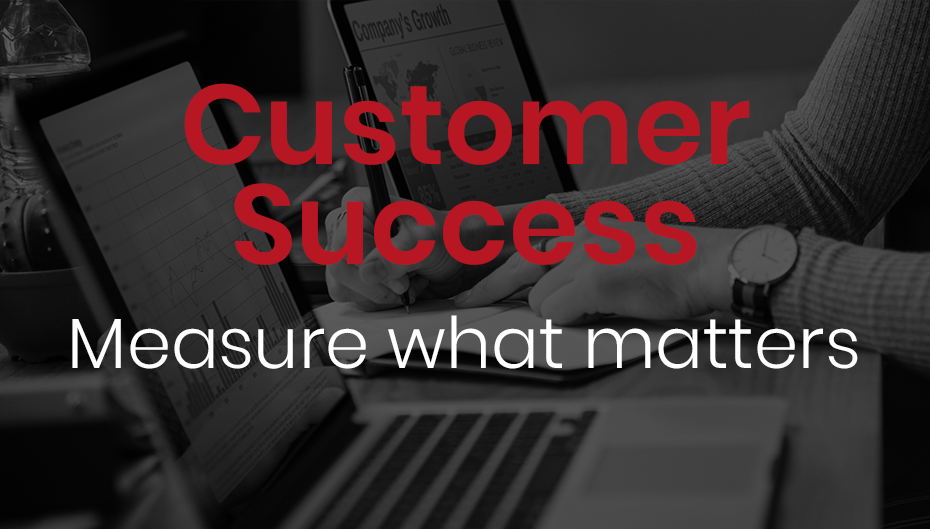There’s an old saying that “everyone is in sales”.
It rings true for some aspect of almost any job.
Even without realising, you’ve probably sold why something should be on a product roadmap, why you should get a promotion, why someone on your team deserves a raise, and other situations too.
Remember, sales isn’t trying to convince someone to do something they don’t want to. Selling is showing them why it’s in their best interests to do the thing you need them to do (buy your product, support your feature request, promote you).
But there’s one place we’ve noticed blatant selling creeping in, and we think it’s a problem.
Customer success has been around for long enough now that you’ll find it as a function in most companies, even relatively small ones. And yet, it’s still new enough that it’s often the label being slapped on to some blended post-sales function, treated as souped-up customer service or support or account management. That’s one thing, and it’s not great but you can kind of see a logic in it.
But what we’re really struggling with is when companies treat customer success people like sales people. They give them quotas and actively metric them on cross sells and upsells, not churn prevention or customer retention.
This is where “what gets measured gets managed” comes into play – how you are goaled and comped will affect your behaviour. This is where customer success can go wrong, leading to conflict between teams and ultimately, the customer suffers.
Lincoln Murphy clearly outlines the benefit of having customer success:
“Customer Success, when done correctly, can have results that appear magical (customers stay longer, buy more, invite you into other parts of their business, and advocate for you externally, ultimately driving up the value of your company”.
Here’s the link to the full post: What customer success is not
So if you want to introduce customer success or you already have it in place, why would you ruin it by distracting the CSM team from their main purpose?
Yes, the CSM team will routinely identify the opportunities for cross selling or upselling. But there’s a distinction here. If they are actively involved in negotiating the costs of those opportunities, the role becomes sales by stealth. You run the risk of losing one of the key values of the CSM function, the trusted advisor status.
The clue should be in the job title – the primary objective of a customer success manager is to ensure that a customer is successful using a company’s product or service. If a customer is truly successful and achieves their desired outcome then they are more likely to provide you a good net promoter score and they are also less likely to churn as they are getting what they need.
The responsibility for customer success lies with everyone in an organisation and the role must be supported from the C-suite down. You can’t just say “we are customer centric“ or “we put the customer first”. You have to believe it and that means giving the CSM team the best chance of making customers successful by focusing them on the right thing.
That primary objective,
“Are we doing everything we can to ensure the customer has their desired outcome?“
… it isn’t about pushing latest features they don’t need.
It isn’t about cross selling and upselling.
And it definitely isn’t about discounting out the renewal cost to prevent them churning.
Make sure the CSM team stays focused, leave the selling to the sales teams. Good cop/bad cop it, if you want – the sales team won’t mind 🙂
